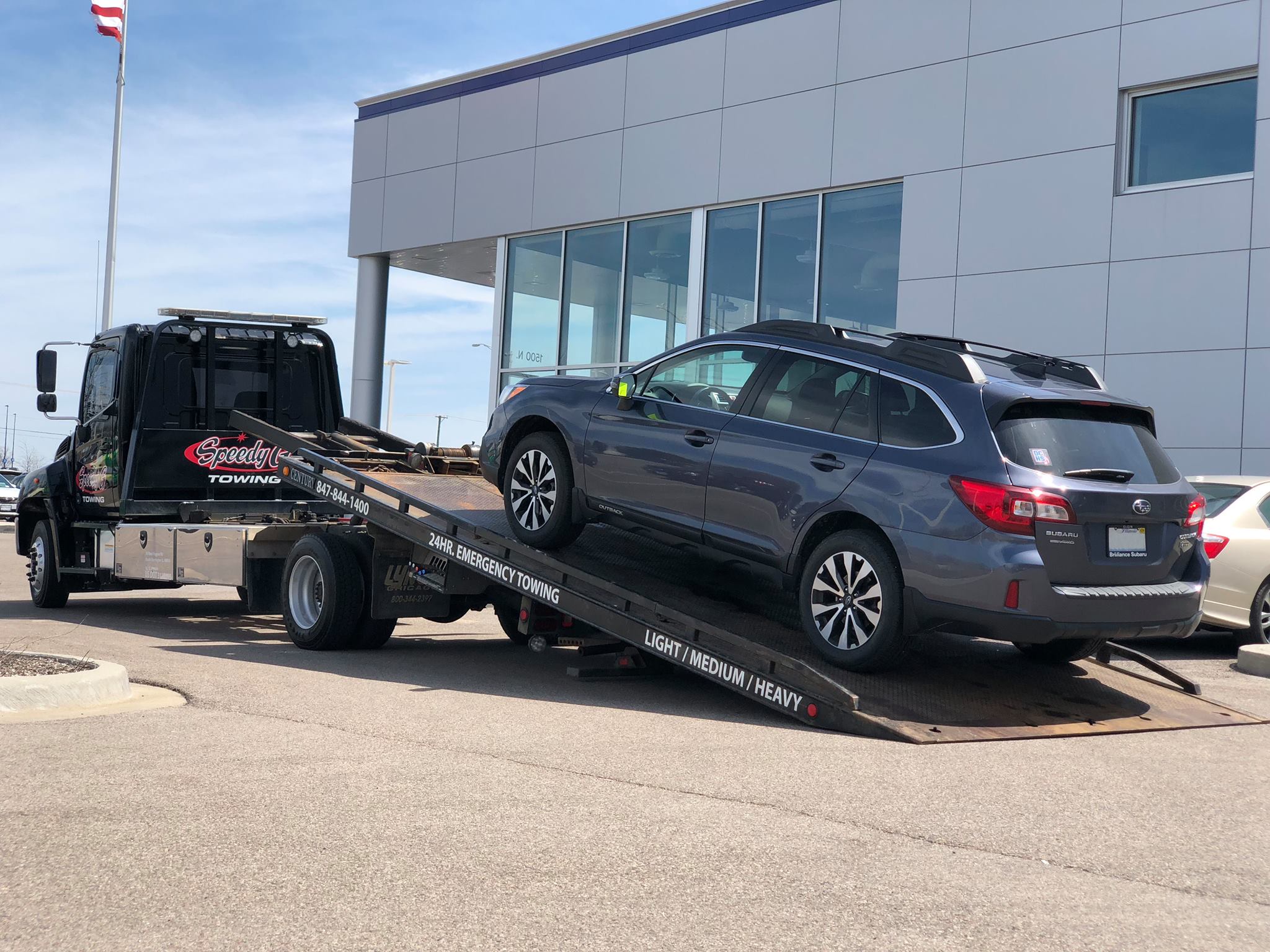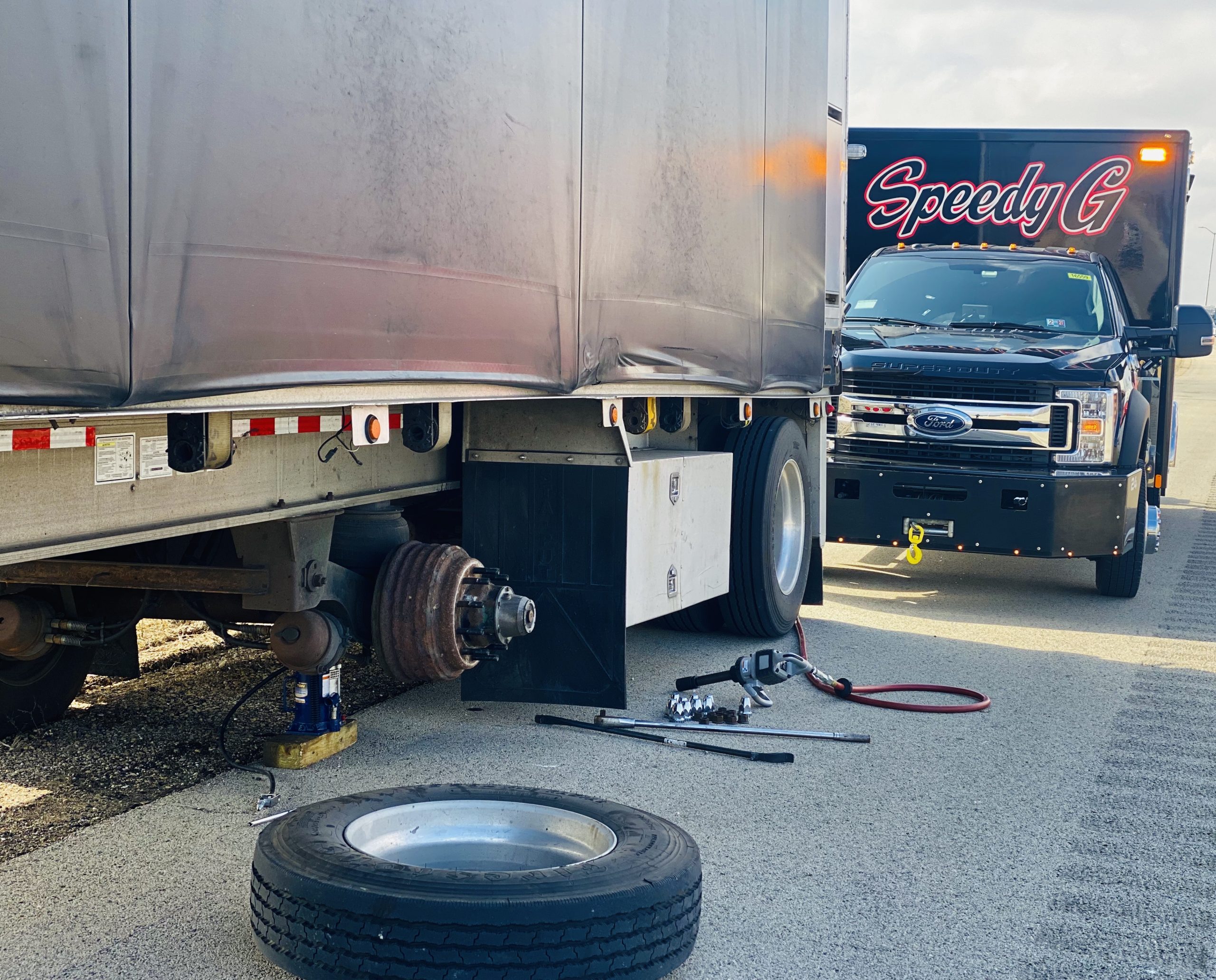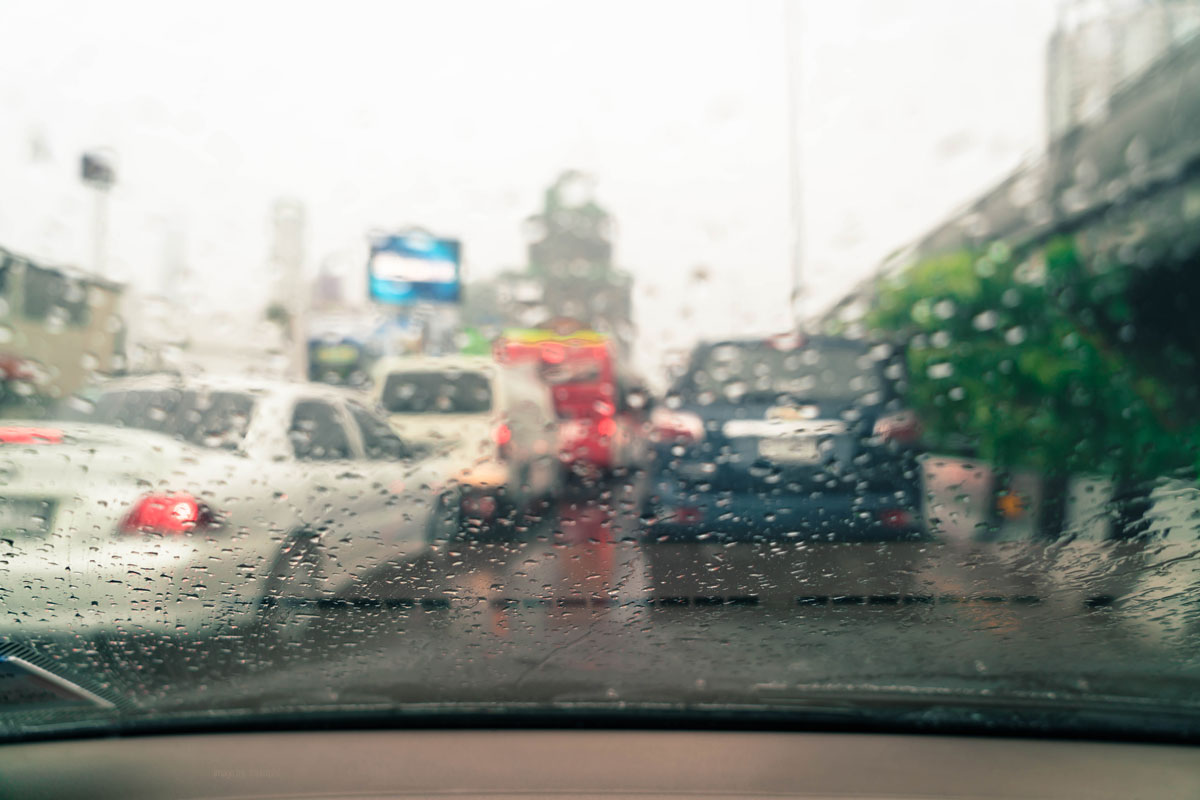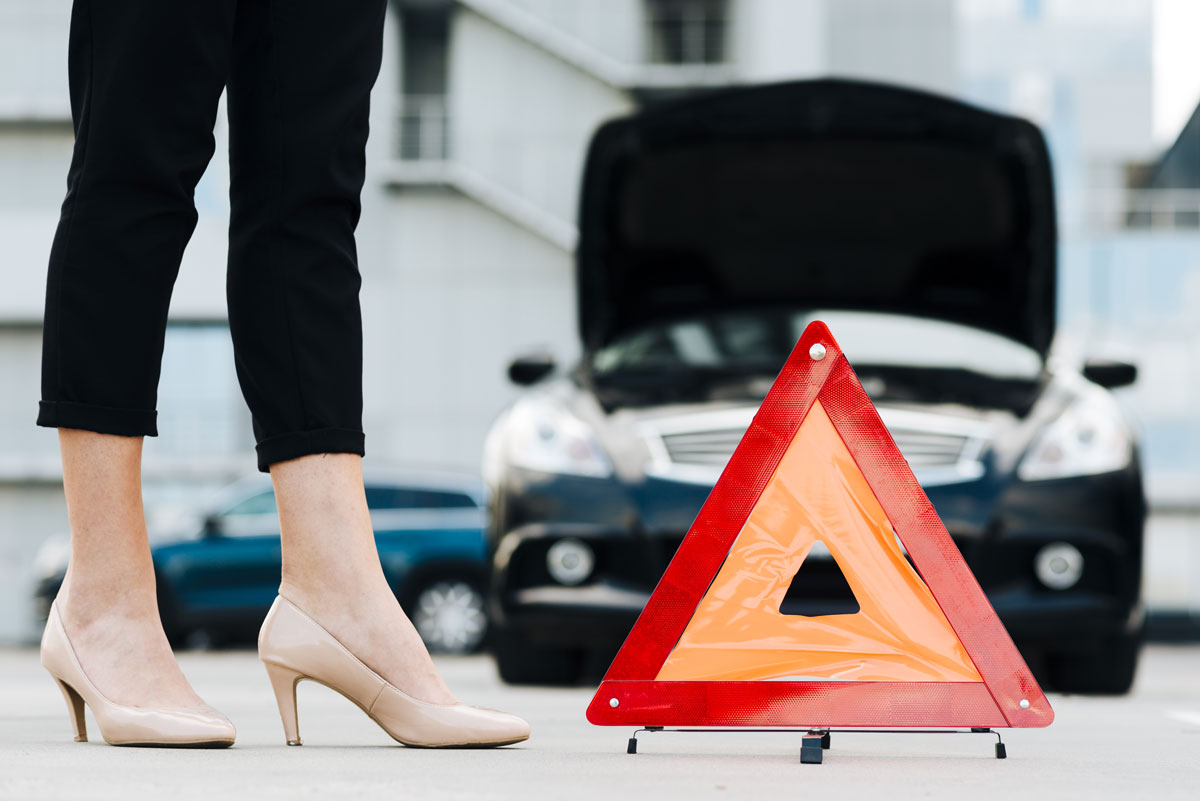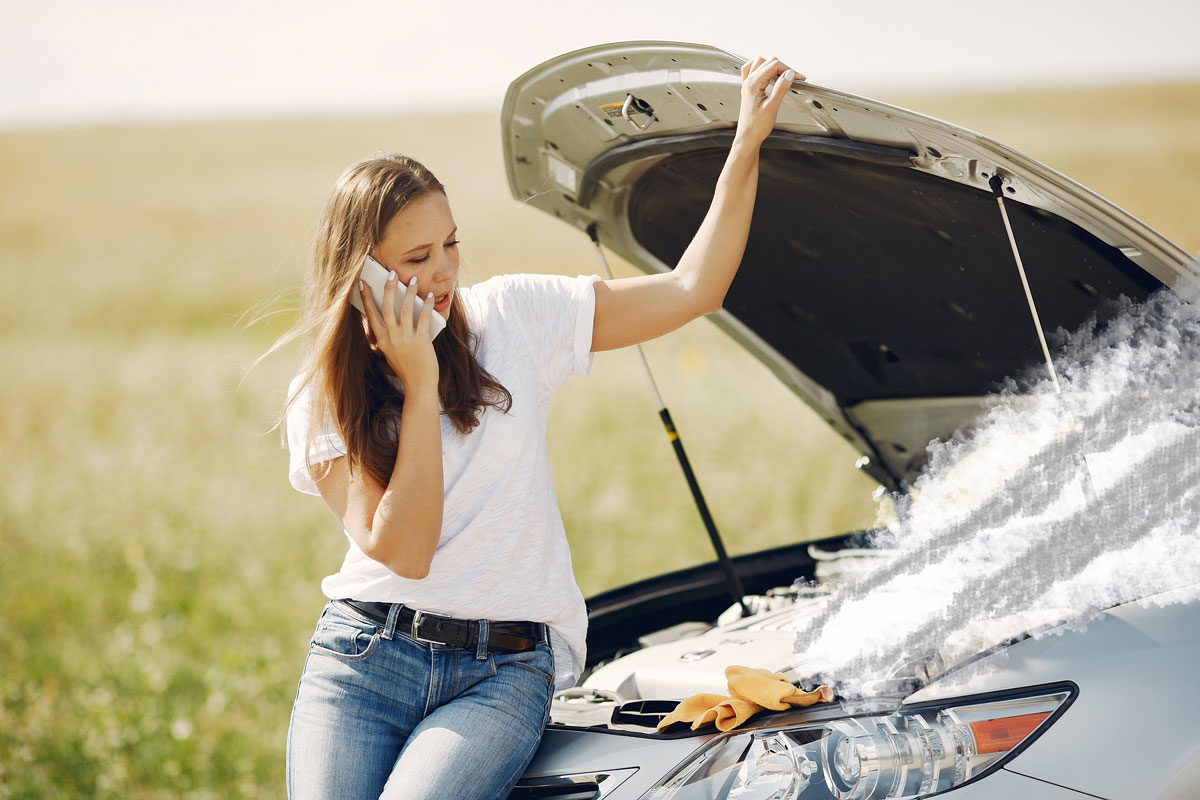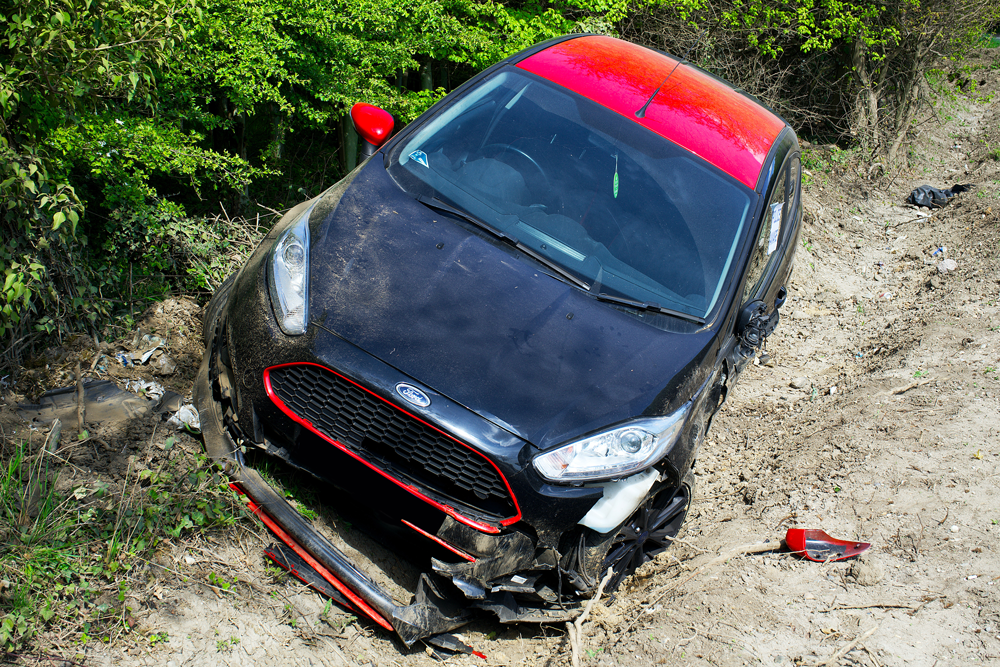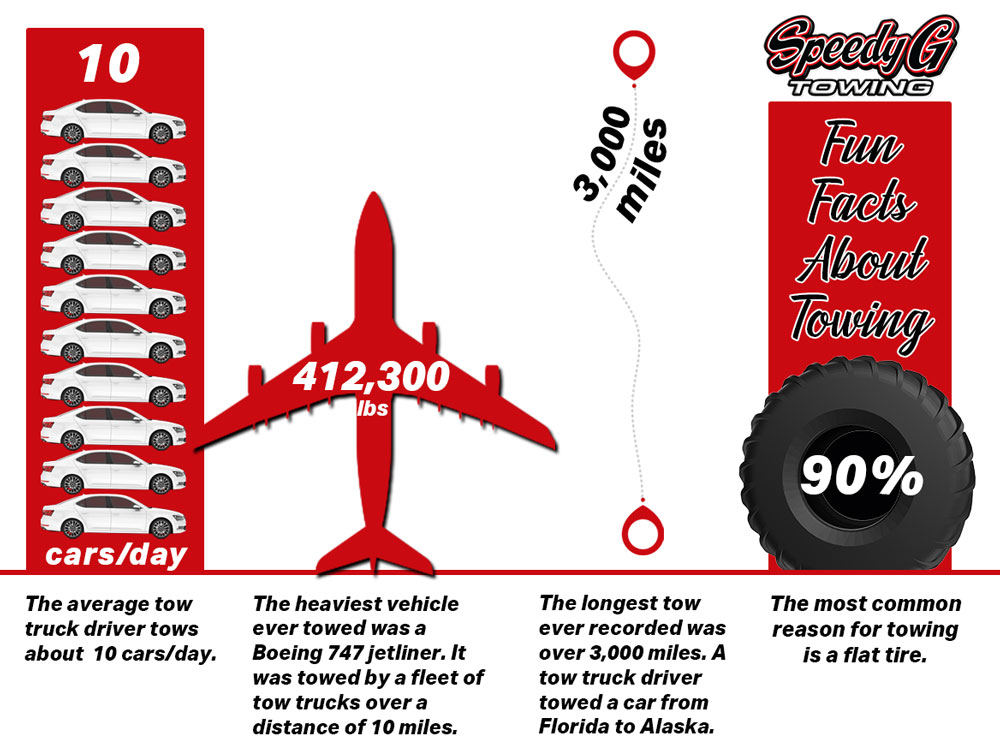
Cars are a big part of our lives. We use them to get to work, school, and the grocery store. We also use them to go on road trips and adventures. But how much do you really know about cars and towing? Here are some fun facts to get you started:
The history of cars and towing
- The first car was invented in 1886 by Karl Benz. It was a three-wheeled vehicle with a top speed of 10 mph.
- The first tow truck was invented in 1916 by Ernest Holmes. It was a modified Cadillac that could tow cars with a winch.
Fun facts about cars
- The largest car ever built was the American Dream. It was 30 feet long, 8 feet wide, and 16 feet tall. It weighed over 12 tons and had a 26-cylinder engine.
- The smallest car ever built was the Peel P50. It was only 54 inches long and 39 inches wide. It weighed just 59 pounds and had a 49cc engine.
- The fastest car in the world is the Koenigsegg Jesko Absolut. It has a top speed of over 330 mph.
- The most expensive car in the world is the Rolls-Royce Boat Tail. It costs over $28 million.
Fun facts about towing
- The most common reason for towing is a flat tire.
- The average tow truck driver tows about 10 cars per day.
- The heaviest car ever towed was a Boeing 747 jetliner. It was towed by a fleet of tow trucks over a distance of 10 miles.
- The longest tow ever recorded was over 3,000 miles. A tow truck driver towed a car from Florida to Alaska.
- The most expensive tow ever recorded cost $200,000. A tow truck company was hired to tow a luxury car from a mountaintop after it had been abandoned by its owner.
Some more fun facts about cars and towing:
- The first car race was held in 1894 in France. It was won by Émile Levassor, who drove a Panhard & Levassor car.
- The first tow truck company was founded in 1921 in the United States. It was called the AAA Towing Service.
- The world’s tallest tow truck is 100 feet tall. It is located in Canada and is used to tow aircraft.
- The world’s fastest tow truck has a top speed of 120 mph.
SpeedyG Towing fun facts:
- SpeedyG Towing is a family-owned and operated business.
- SpeedyG Towing offers a variety of services, including towing, roadside assistance, and heavy-duty towing.
- SpeedyG Towing is committed to providing its customers with the best possible service.
We hope you enjoyed these fun facts about cars and towing. If you have any questions or need towing services, please don’t hesitate to contact SpeedyG Towing. We are here to help you 24/7.
Bonus fun facts:
- The first car with a horn was invented in 1898.
- The first car with a radio was invented in 1922.
- The first car with air conditioning was invented in 1939.
- The first car with power windows was invented in 1949.
- The first car with a seat belt was invented in 1959.
How to choose a tow truck company
When you need a tow truck, it is important to choose a reputable company. Here are a few things to consider:
- Make sure the company is licensed and insured.
- Ask about the company’s experience and reputation.
- Get a written estimate before the tow truck arrives.
- Make sure the tow truck driver is professional and courteous.
SpeedyG Towing is a reputable tow truck company that you can trust. We are licensed and insured, and we have over 20 years of experience. We offer a variety of services, including towing, roadside assistance, and heavy-duty towing. We are committed to providing our customers with the best possible service.
